Art Forum Africa (AFA) is a discourse initiative that seeks to address matters that concern artists, curators, collectors, governments, art and culture managers, and others that are involved in art in Africa.
The forum is created by Bukola Oye of The Sole Adventurer and Wana Udobang of Wanawana.net.
This maiden edition of the forum proposes to answer the question: “Where Are The Women In Visual Arts?”, which will hold on November 28, 2015 at Ford Foundation, 105 Close, Banana Island-Ikoyi , Lagos.
Where Are The Women In Visual Arts?
Recurring research on artists’ representation in galleries and at art sales shows that women are less visible in the art scene. Female artists are underrepresented in the markets as well as in discourse, and this consequently limits the narrative and the market, and bereaves all of us of female talent.
We are asking the question “Where Are the Women in Visual Arts?”, not because we do not know that there are women producing great art or are involved in the curatorial and management process of art business. We just feel the urge to bring the matter to a broader attention and receive input to the discourse of all who are involved in art. Art blogger Bukola Oye of The Sole Adventurer says ‘We believe that reorientation is a step to progress and having these conversations is a huge part of that process’.
With this maiden edition, Art Forum Africa seeks to ask questions regarding representation, exposure and prominence on women in the visual arts. Co-founder of AFA, Wana Udobang of WanaWana, says: ‘It’s important that women are not written out of the historical narrative in visual arts. It would be doing our future and the future of emerging artists a great disservice. The arts are about story-telling and this also means that we will experience the dangers of shutting out diverse narratives’
A recent auction list revealed that amongst those featured in the 2012 -2013 top 100 auction sales ranked by price, there were no women. At the last auction on contemporary African art by Bonhams in London this October, only 7 female artists were placed in the auction with a total of 51 works by male artists.
In Nigeria, the numbers of women presently in art schools are not impressive. It is even worse that the figure drops further as they move into the creative market. This makes one wonder: unlike other areas in the creative industries, why do women become less interested in visual arts in education and further on in the real world?
We hope that this status quo can be changed if we identify the barriers that are holding women back. Importantly, we want to bring this discussion to the consciousness of decision makers – women AND men – who may be able to bring change.
Art Forum Africa is supported by the Embassy of the Kingdom of the Netherlands, Ford Foundation, Ajeast Group, Bella Naija and Zebra Living.
PANELISTS
Peju Alatise
Peju Alatise is an artist and architect based in Lagos, Nigeria. Her art reflects a strong focus on the significance and power of womanhood. Alatise uses clothing in her art as a literal and metaphorical representation of humans. She hopes that the resulting sense of emptiness gives the audience a moment of inflection, and an incentive to question prefabricated beliefs. She is inspired by artists such as David Dale, Bruce Onabrakpeya, Susanna Wenger, Ai Wei Wei, Louise Bourgeois and Do Ho Suh. Peju Alatise is regarded as the highest selling female artist of contemporary art from Nigeria.
Azu Nwabogu
Azu Nwagbogu has platform called Female Artists’ Platform, a part project of the Female Artists Development Project, an annual initiative to promote a more gender equal creative industry and also the founder and director of the African Artists’ Foundation (AAF), a non-profit organization based in Lagos, Nigeria, and dedicated to the promotion and development of contemporary African arts and artists,with the aim of unearthing and developing talent in Nigeria. In 2008, Nwagbogu founded the National Art Competition, an annual arts competition in Nigeria that provides a platform of exposure to emerging Nigerian artists. He is also founder and director of the LagosPhoto Festival, an annual international arts festival of photography, which brings leading local and international photographers into dialogue with multifaceted stories of Africa. Nwagabogu has served as a juror for the Dutch Doc and the POPCAP Photography Awards, and was a nominator for the Discovery Award at the Rencontres d’Arles Photography Festival in 2014.
Ugonma Adegoke
Ugoma Adegoke trained as an economist and corporate finance professional. Today she is a creative entrepreneur, some might call her a one-woman riot. Ugoma is a tireless community builder, adventure and creative force. She directs the workings of the award-winning and much-loved fashion brand, Zebra living. She produces experiential events and programs inspired by Nigeria’s rich cultural and multi-arts heritage under the auspices of The Life House which she founded with her husband, Dayo Adegoke. Ugoma created the WOMAN RISING Music Concert and Arts Weekender, an annual commemoration of International Women’s Day and a glorious celebration of women in the arts and women who enable the arts.She co-founded and directs the Lights, Camera, Africa!!! Film Festival which has emerged as the most prominent public film festival celebrating the best of African and independent cinema in Nigeria today. Ugoma’s personality inspires trend-setting and taste-making directions in fashion, art, culture and lifestyle.
ABOUT ART FORUM AFRICA
Art Forum Africa (AFA) is a new platform for discourse on matters that concerns artists, curators, collectors, the government, art and culture managers, and others that are involved in art in Africa.
Art Forum Africa presents an opportunity for all players in the arts to discuss and create collective solutions to topics that are now often only discussed in small clusters. These are issues that affects us all, whether it is the artist or the professionals that work to bring the creative achievements in Africa to the forefront.
More so, the increasing presence of art from Africa in global discourses makes it necessary for all gatekeepers to channel their energy and resources to the development of art practices and to building sustainable structures. In as much as there is a dynamic scene in Nigeria, Lagos especially, traditional, psychological, and policy barriers unnecessarily limit possibilities and achievements. Amongst these limitations are structural problems that are traceable to, for instance, lack of support from governments, absence of public art and involvement of the Nigerian public, lack of individual and collective support for artists, limited financial means, a limited pool of collectors, and under representation of women. Discourse about women’s development in the creative industries is an important part of AFA’s mission.
Our goal is to stimulate changes in the creative arts industries, as well as influence institutions and policies. Discussions will be pursued through organized forums and (online) publications.
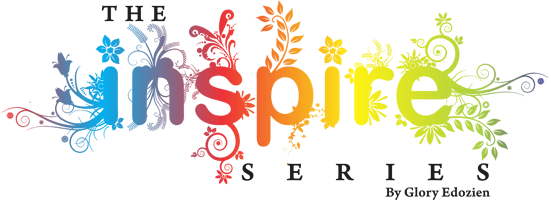

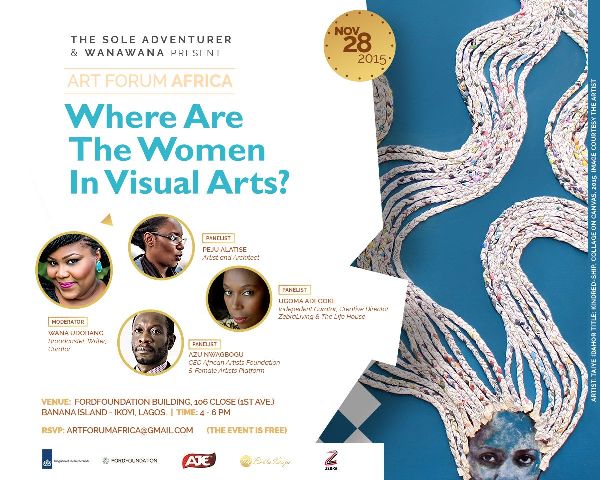
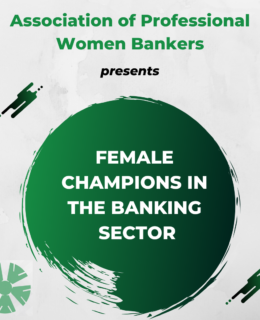
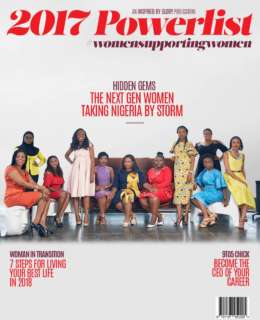
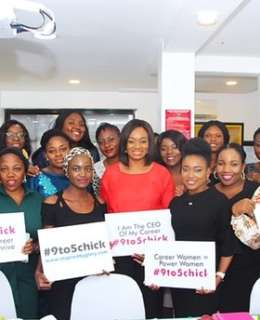

Leave a Reply